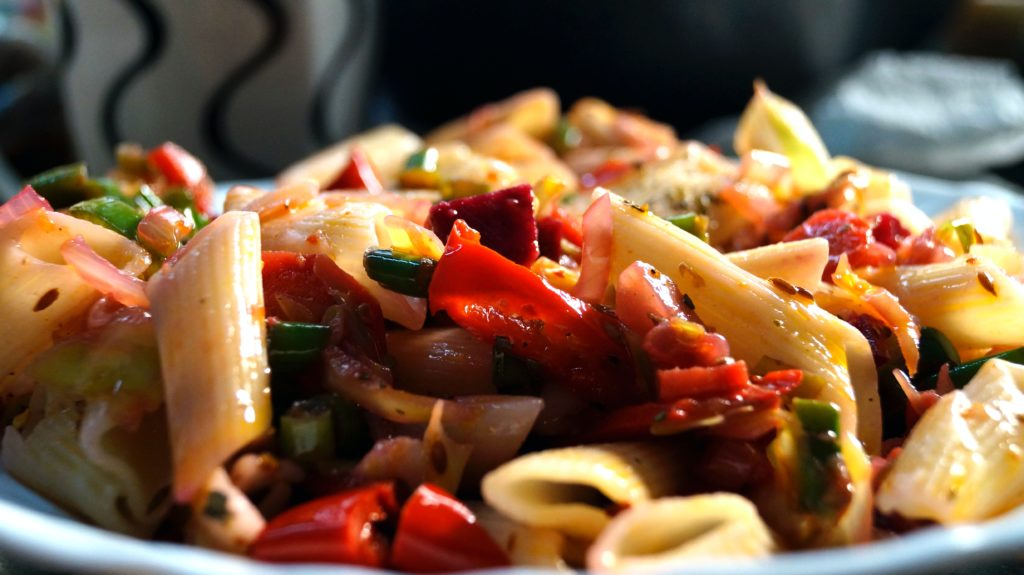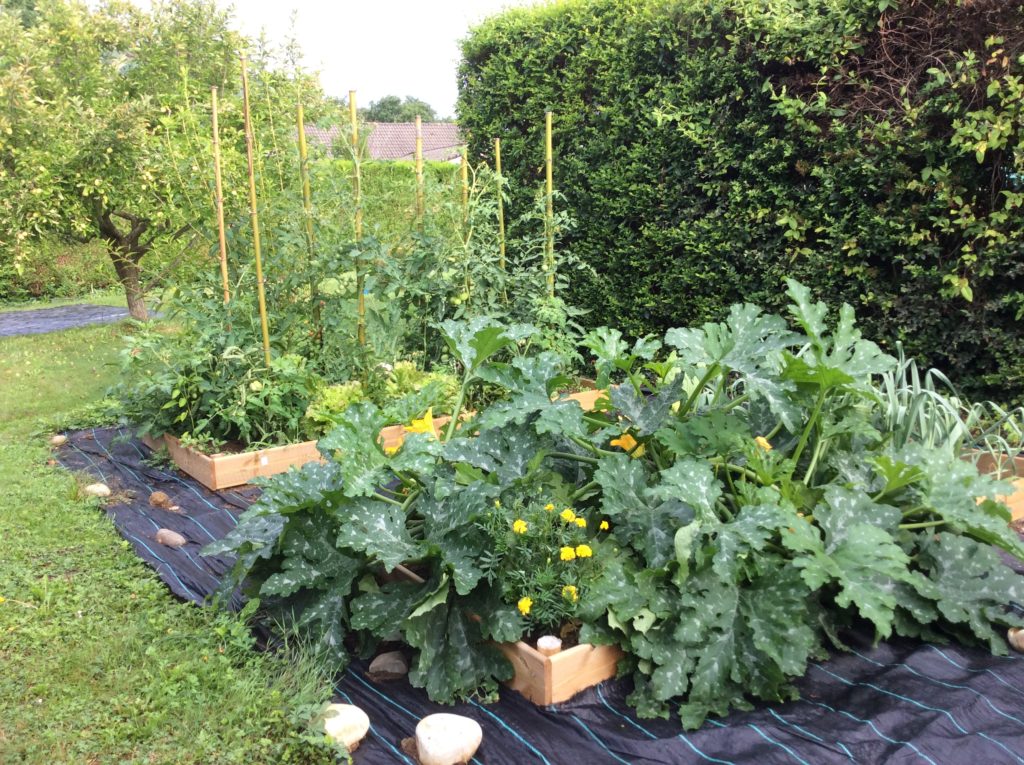
Our food system creates about a third of all greenhouse gas emissions. As we all eat and make food choices this is an area where each of us can make a difference to our own health and that of our families. We can also help to make the whole system more sustainable.
Global Health
Can the Food System really be changed to influence our health for the better?
First let me ask – does our present food system threaten our health?
The answer to that is a very clear Yes.
This happens through:
- Lack of access to food
A report from World Vision shows that well over 800 million people regularly go to bed hungry, and that acute food insecurity is rising globally. Clearly this has a major effect on peoples’ health and on the normal development of their children.
In addition, more than 2 billion people in the world were moderately or severely food insecure (i.e. they didn’t know where the next meals were coming from) while over 3 billion people could not afford a healthy diet in 2020. See the details here.
- Too much of the wrong type of food
There are two types of malnutrition: 1) from lack of access to enough food and 2) having to eat too much processed food that is high in fat, salt, and sugar to ensure the appropriate intake of vitamins and minerals. This may well be down to poverty and the inability to buy nourishing food, lack of access to healthy food or simply the appealing taste of a high sugar content.
The second type is leading to a huge wave of obesity worldwide. Unfortunately, as new research shows it is also responsible for an increased risk of heart disease and strokes.
Other research shown in this article indicates that too much of this highly processed food leads also to cancer, type 2 diabetes, depression, dementia, and tooth decay. This used to be seen as a developed world problem but is increasingly found in developing countries as they try to catch up on our “western diets”.
- Industrially farmed food
A fact sheet by WHO looks at the use of pesticides (and other chemicals) on food and on our health.
They say that pesticides are potentially toxic to humans and may induce adverse health effects like cancer, effects on reproductive, immune, or nervous systems.
Patently what we should be aiming at with the World Food System is access to enough healthy and nutritious food for everybody.
Just to be clear, we can produce enough food for our present population of 8 billion people and probably enough for another 2 billion. It is a matter of getting it to the right place at the right time. Issues like the Ukraine war or a global financial crisis do not help matters.
Eating less meat

So, what can we do to make a difference?
A number of world-leading scientists were asked to produce a diet which would be better both for our own and the planet’s health.
I recommend that you look at this diet, which has been designed to suit different cultures. It suggests a reduction in red meat (see my previous blog and its reference to beef) and an increase in fruit, vegetables, and legumes (beans and lentils). It also means eating less of both processed meat and highly processed food.
Does this look difficult? I suppose for many people it will, but I personally think it is worth it for a healthier and hopefully longer life. It will also make a major contribution to the health of the planet. I do understand that for those with limited access to fresh fruit and vegetables this may be a huge mountain to climb. And if you have a family of meat-eaters this is quite a challenge.
How do I myself feel about it? In our household we have made a commitment to give up meat during the week and at the weekend we eat a little meat, usually chicken. We live in France where meat is expensive, so we tend to have it on special occasions.
We haven’t found changing our diet so difficult except from the organisational point of view. It requires more thought, especially at lunch time where we often had a ham sandwich! I am working hard on the bean and lentil recipes. It is amazing how tasty they can be.
For me the most difficult thing has been giving up sugar. We rarely eat desserts, and I am used to that now. I also gave up fizzy drinks when I left my teens. However at morning coffee time avoiding the biscuits is difficult!
Other issues affecting the Global Food System
Waste
This report explains that Food Loss is food lost somewhere along the food supply chain, i.e. from field to the retailer. There is not a lot individuals can do about that. On the other hand Food Waste is food thrown away in shops, restaurants and by consumers. It explains also that one third of all food produced for human consumption is wasted.
Food Waste alone generates between 8-10% of global greenhouse gas emissions.
This is a staggering figure and to me it is symptomatic of the world of never-ending consumption we live in. According to the report the largest part of that waste comes from households.
So here is an area where we really can make a difference.
We can:
- Buy only what we need
- Resist special offers that we haven’t planned for
- Write meal plans
- Think hard about sell-by dates and check before you throw things out
- Get imaginative with leftovers
- Store food properly so it lasts longer
- Share food with friends and neighbours
- Compost any waste – if you have a vegetable patch that is great – if not, many towns will collect your food waste and use it.
I am lucky enough to have a small vegetable patch, so any food waste or fruit and vegetable peelings go to compost. Also everything from there is organic and thus much healthier.
This leads me on to my personal hobby horse – the Soil.
It is amazing what you can do even in a small space

The Soil
We are degrading our soil incredibly fast through the use of industrial agriculture, deforestation and through the effects of global warming. This is the soil that humanity depends on for its survival, so we need to stop doing that immediately. Have a look at one of my previous blogs Making a Difference to the Health of the Planet. In it I discuss Regenerative Agriculture which I believe is what we need globally right now to save our soils, keep carbon dioxide in the earth and to help make our food healthier and tastier. So look up this form of agriculture on the internet. If you have any spare land at all, think about growing some vegetables and restoring the soil at the same time. Have a look at this article to learn a bit more about it.
If you can find a farmer that is doing this, then buy his food: you will be helping the world.
Plant some trees or pay somebody else to plant trees as they help to keep the soil humid and in place. Wind and water erosion is responsible for the loss of a considerable amount of soil each year, so we need to protect it.
If you can’t find a regenerative farmer then at least buy organic if you can afford it. It keeps pesticides out of the soil and is much healthier for you.
Good luck in making a difference to your health and that of the planet.
To subscribe to my blog, please use the form on the Home page.
(Thanks to Natalya Zaritskya on Unsplash for the first photograph above, and to Ayesha Firdaus on Unsplash for the second photograph. The third photograph is copyright Doreen Hosking.)

Yes. It would be handy to have local agricultural updates. What are farmers’ best takes for changes in growxing habits. For example this year’s grape harvest has suffered from mildew and datura. My later cherries have been more successful than the earlier. Last year……no successful cherries at all. Yes vegetarian, I think it s the only way forward, but even that under tnhreat.
Thanks for your comment. I do think it is incredibly hard for farmers. Making any sort of profit at all
is hard for small farmers. (A lot of the funding goes to the bigger ones.) they are so dependent on the weather
which as you say is often unkind and unpredictable. The problem is, if we don’t change we are lost.
I think change may be difficult for farmers as many of them are older and have been doing the same thing all their life.
We need to be training the younger ones. I think for me, we as individuals have a job to do here. If we buy from
farmers who are into Regenerative Agriculture and caring for the soil they will see there is money in it. Most of
them are very proud of what they grow so I think we need to encourage that.
I would be interested to know why you think being a vegetarian is under threat?